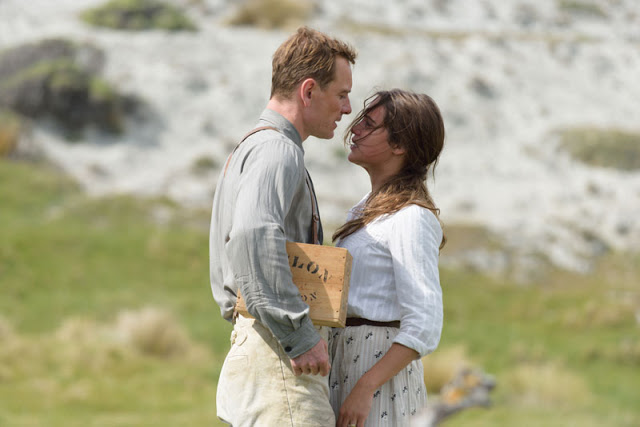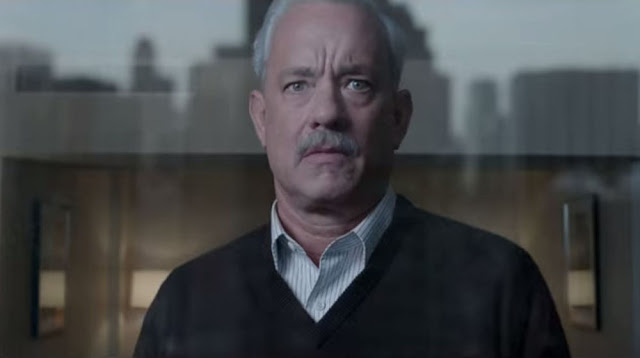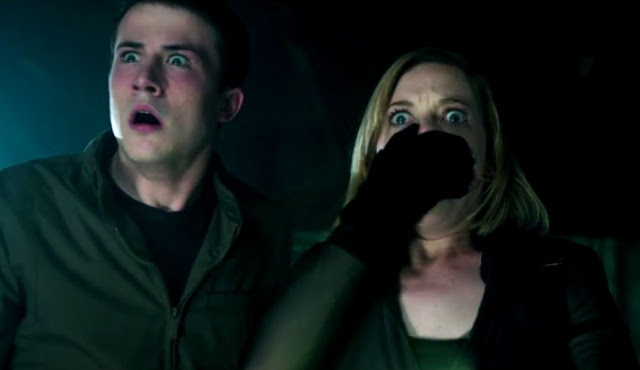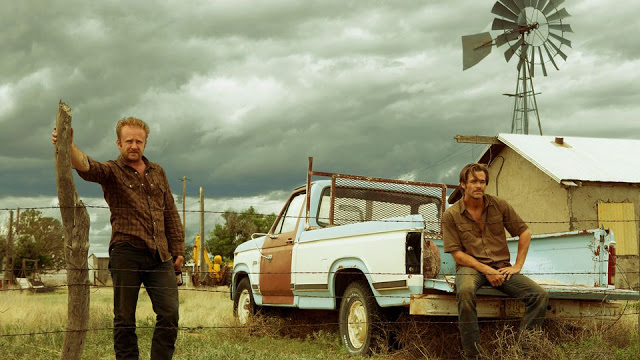The Light Between Oceans: On a Spit of Land, Still Lost at Sea
Derek Cianfrance isn’t subtle. His movies traffic in heavy sentiment and obvious themes, and they are systematically designed to induce trauma and heartache. If he were less talented, this would feel like manipulative hackwork, but thankfully, he’s as skilled as he is blunt. In Blue Valentine, he performed a brutal autopsy of a marriage while it was still alive, in the process coaxing superlative performances from Michelle Williams and Ryan Gosling. He followed that with The Place Beyond the Pines, a striking, generational crime saga of failed fathers and sons. His new film, The Light Between Oceans, maintains his twin fixations on matrimony and family, striving to wring sweat from your brow and tears from your eyes.
It does not quite succeed. The movie is too deliberate, too mannered, to incite the response it so plainly seeks to provoke. But there is still much to admire in The Light Between Oceans, beginning with its superlative craftsmanship. This is a gorgeous film, with magnificent cinematography from Adam Arkapaw, the talented lenser who gave us the unforgettable tracking shot in True Detective, as well as the ethereal beauty of Jane Campion’s Top of the Lake. Here, capitalizing on Cianfrance’s preference for shooting on location, he delivers frame after frame of stunning naturalism: gentle sunrises peeking over a hillside, waves crashing onto rocky shoals, ships slicing through the mist like wooden blades. These images are accompanied by the tinkling piano and whispering woodwinds that could only be orchestrated by the great Alexandre Desplat. It’s all rather lovely. Read More





